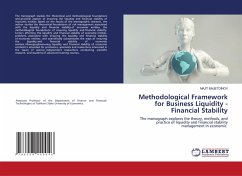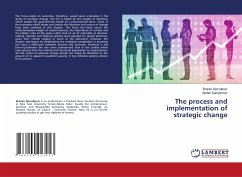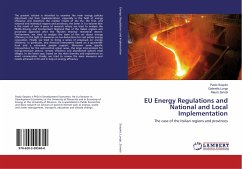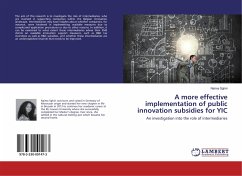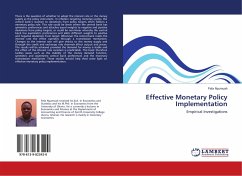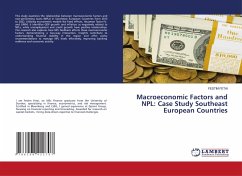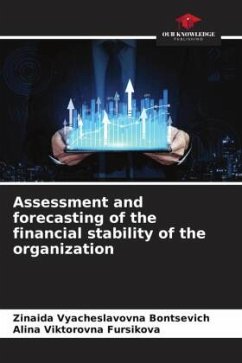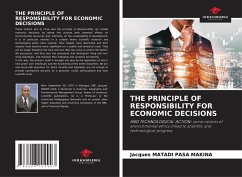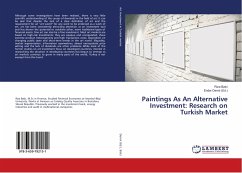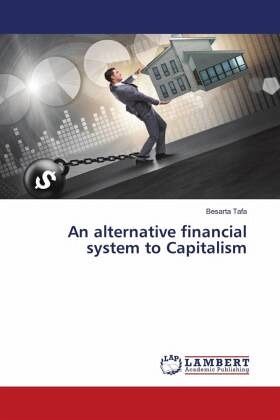
An alternative financial system to Capitalism
Versandkostenfrei!
Versandfertig in 6-10 Tagen
45,99 €
inkl. MwSt.

PAYBACK Punkte
23 °P sammeln!
Capitalism is a very powerful regime nowadays. Capitalism regards capital as a main factor of production. This capital supports capitalists to benefit from wealth accumulation without putting this capital at risk. The mechanism to do so is called interest. This results in the following consequence; Weak competitors who are not able to provide capital compared to that of a big capitalist are excluded from the competition and put aside. So, capital is natural to influence basic economic decisions like what and whom to produce.At the state level, governments depend on the capital of capitalists t...
Capitalism is a very powerful regime nowadays. Capitalism regards capital as a main factor of production. This capital supports capitalists to benefit from wealth accumulation without putting this capital at risk. The mechanism to do so is called interest. This results in the following consequence; Weak competitors who are not able to provide capital compared to that of a big capitalist are excluded from the competition and put aside. So, capital is natural to influence basic economic decisions like what and whom to produce.At the state level, governments depend on the capital of capitalists to expand development. The capital also influences policy-making and influences election campaigns. In other words, the political and social life depends on the market which is in the hands of capitalists. What could be an alternative of interest? Is it possible to totally avoid it without putting the economic system at risk? Can we afford a system that skips the interest and promotes the share of risk, mobilizes people's savings, and enhances the total welfare? Moreover, how much possible is its implementation in order to increase financial stability?



